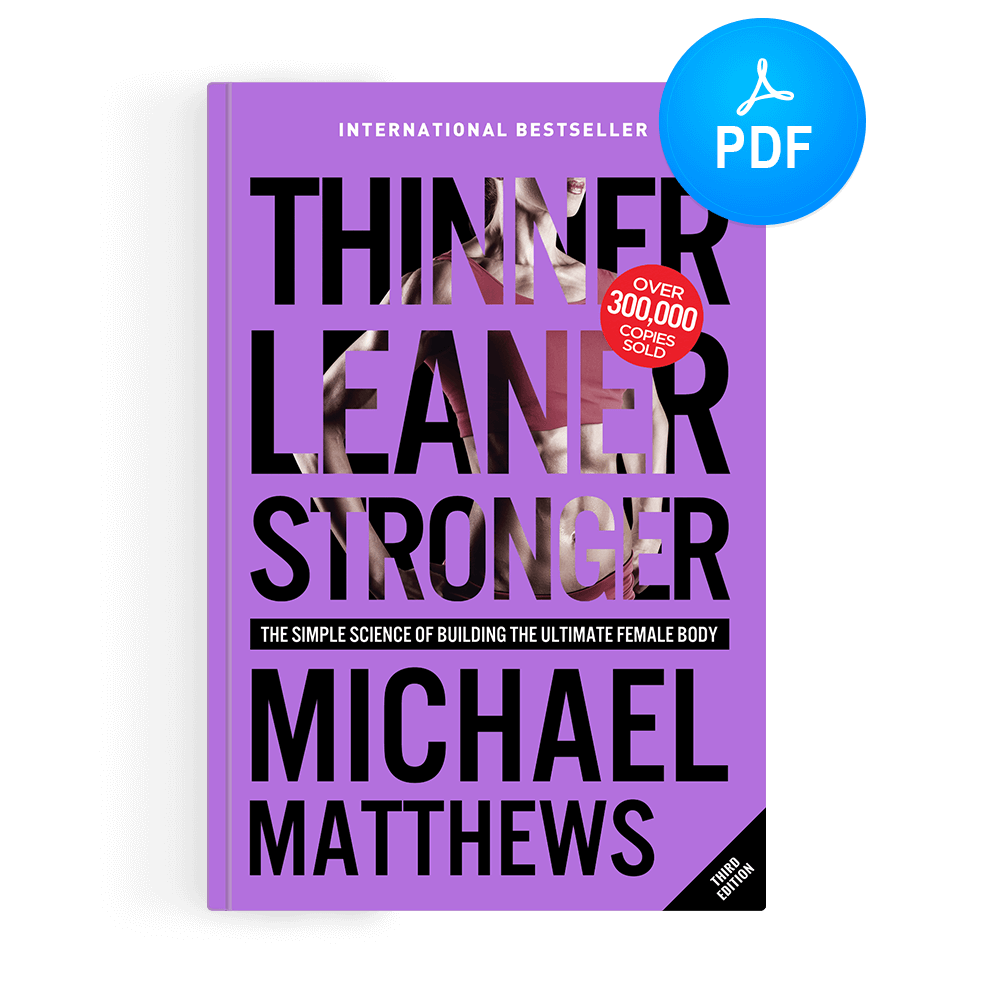

My morals were going to get my son killed. But then my son got sick, and I couldn't afford his medicine - it felt like karma.


No terrorists got through, so I felt happy with my choice. I stopped doing the screenings, and I took the fines. I was barely keeping my family fed anyway. As I had him detained, he spat out at me that "they must pay well for such loyalty, dog." They didn't pay well. When I questioned him, he said it was only medicine, but I couldn't afford to risk losing another day's pay, my family was already hungry. One man had some contraband strapped to his leg. It all felt very Stanford Prison Experiment. I realised that the game had very easily converted me into someone who was "just doing their job", even if that job meant putting people through the same dehumanising treatment I face every time I want to go on holiday. As an Arab who has almost never gone through airport security without a "random" check, this moment hit me hard. "You've been selected for a random screening," I say as I force someone to strip and be scanned. The terrorist yesterday was from Kolechia, so now I have to start using a body scanner to search all Kolechian's for weapons. The state is the real enemy here, giving me more and more work but not increasing my wages while also increasing my rent. I may have to stop helping people, or I risk my family starving. My family will have to go hungry, and I learn that each day is not guaranteed. Speed is of the essence, but make a mistake and get met with that grating citation sound - and mistakes are easy to make as the game progresses, and I have to check more and more documents. One day, one of the people I let through throws a grenade at a guard, so the day is cut short. I get paid based on how many people I process, and each day only has a set amount of time in it. At first, I can afford all of this and even put some money into my savings. Rent is taken automatically, and then I can choose between food and heating.
Bigger leaner stronger paperback how to#
No more warnings, this time, I get fined.Īt the end of each workday, I decide how to spend my wages. Someone I let through had a passport that was issued in an invalid city. "Okay, I can break the rules twice a day," I think to myself. The sound of the citation bores into my head again. I do my job properly, but then let through a husband who just wants to reunite with his wife. I know I've messed up, but it's just a warning. The grating sound of a citation being telegrammed to my booth cuts through me like nails on a chalkboard. But then I get the sob stories people escaping forced prostitution or trying to reunite with loved ones.

As the days progress, I have to check more and more things: passports, entry tickets, work permits, vaccination records, diplomatic status. The experience is deliberately clunky, I have to juggle multiple documents on a small counter just to confirm someone's identity.Īt first, denying entry based on an expired passport or invalid work permit doesn't feel too bad, I'm just doing my job. Tensions in the region run high, as a fragile peace has just formed amongst nations that have been at war for six years. The story of the game starts with my first day as an immigration officer at a new border checkpoint, my job is to ensure people coming into Arstotzka have the right paperwork. Papers, Please has a cold, dark, pixelated aesthetic that perfectly fits the fictitious Eastern Bloc setting.


 0 kommentar(er)
0 kommentar(er)
